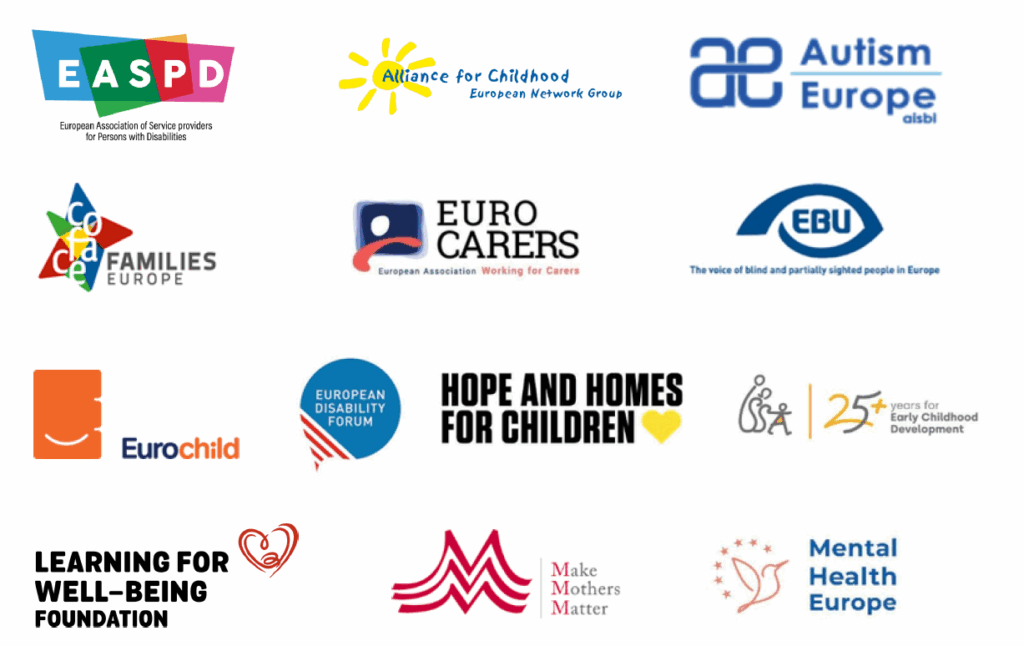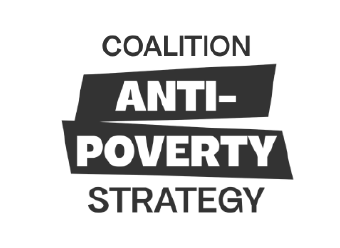Brussels, 9 November 2021 – The European Union (EU) must adopt legislation to effectively protect children from the harmful impacts of the widespread, ubiquitous and insidious marketing of nutritionally poor food, says a coalition of 20 European health, medical, consumer, child, and family organisations including COFACE Families Europe.
To substantiate this call, a blueprint Food Marketing Directive is presented showing how the EU can use its powers to effectively regulate cross-border marketing.
Core provisions of the Directive include:
- Define as a ‘child’ any person below the age of 18;
- End the marketing of nutritionally poor food between 6am and 11pm on broadcast media, including television and radio;
- End the marketing of nutritionally poor food on digital media, including social media and video sharing platforms;
- End the sponsorship of events, such as sports events or festivals, with cross-border effects unless brands can prove that such sponsorship is not associated with nutritionally poor food;
- End the use of marketing techniques appealing to children for the promotion of nutritionally poor food, including on food packages. It also cover the use of influencers;
- Use the World Health Organization Europe nutrient profile model to define what is ‘nutritionally poor food’.
While childhood overweight and obesity are rampant, young people across Europe see more than four ads for sugary, fatty and salty food on television each day. Digital marketing is enabling ever more tailored and persuasive approaches, but remains largely unchallenged. Despite several promising recent national initiatives, such as in the United Kingdom and Spain, European countries and the EU have so far failed to effectively regulate cross-border marketing.
Reliance on industry self-regulation is a false promise, as recently once more attested in the case of the EU Pledge. This initiative comes in right time to respond to the recently adopted European Parliament Own Initiative Report on the EU Farm to Fork Strategy which call for an “an effective and EU-wide regulatory approach to tackle the exposure of children and adolescents to advertising and marketing of processed foods high in fat, sugar and salt on broadcast and digital media”.
The Call to Action and blueprint Directive are launched and debated during the event “Towards a childhood free from unhealthy food marketing: Exploring the next frontier for European” held on 9 November 15.00-16.30 CET, gathering European experts, policy-makers, and supporting organisations.
Annemie Drieskens, COFACE:
“We are deeply concerned by the heavy marketing of unhealthy food at the root of unhealthy eating habits and lifestyles. This goes against the interests of children. We are committed to join efforts to protect children from aggressive marketing and advertising, along with promoting a healthy lifestyle.”
Organisations supporting the call to action:
Association of European Cancer Leagues (ECL)
Confederation of Family Organisations in the European Union (COFACE)
Eurochild
EuroHealthNet
European Association for the Study of the Liver (EASL)
European Chronic Disease Alliance (ECDA)
European Childhood Obesity Group (ECOG)
European Heart Network (EHN)
European Oncology Nursing Society (EONS)
European Public Health Alliance (EPHA)
European Public Health Association (EUPHA)
foodwatch
International Association of Mutual Benefit Societies (AIM)
International Diabetes Federation Europe (IDF Europe)
Safe Food Advocacy Europe (SAFE)
Standing Committee of European Doctors (CPME)
The European Consumer Organisation (BEUC)
The Good Lobby
United European Gastroenterology (UEG)
World Cancer Research Fund International (WCRFI)
————————————————————————
Photo: ©Gemütlichkeit via Canva.com





